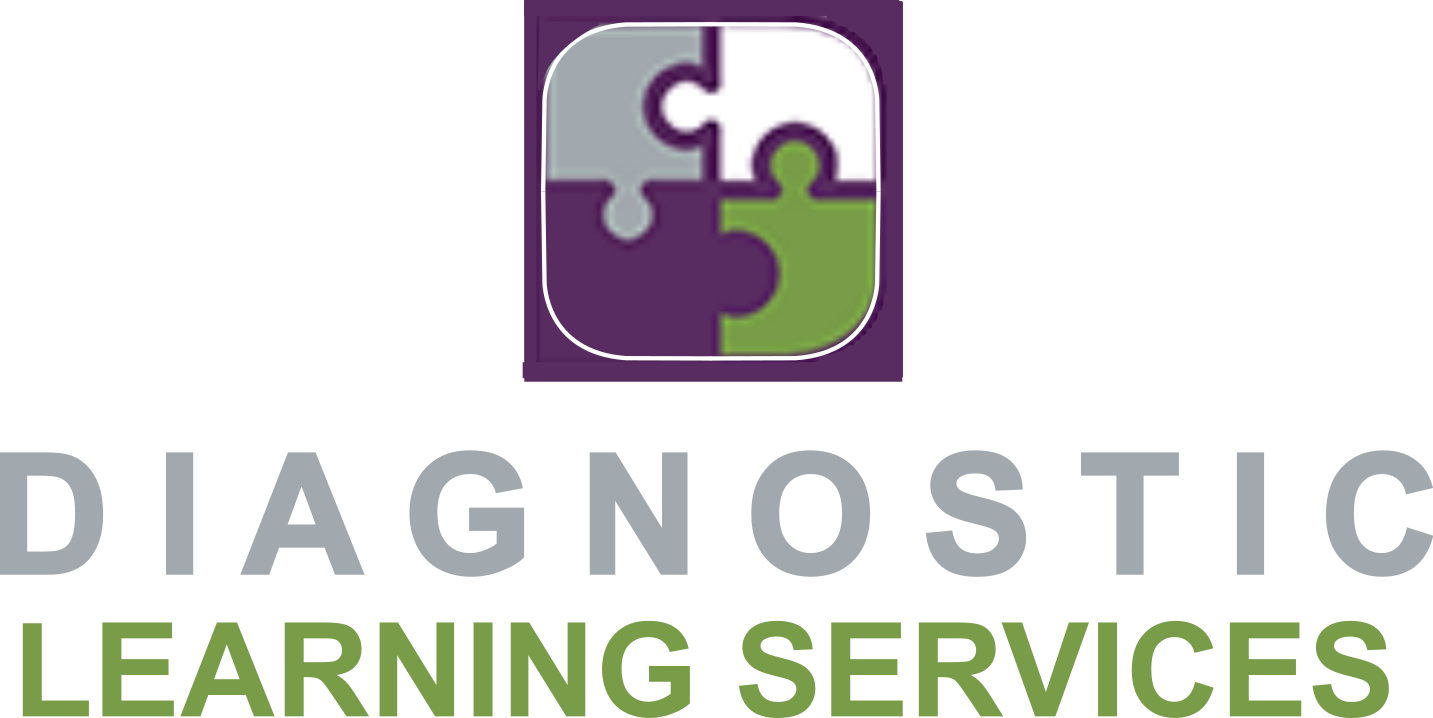ADHD Testing for Adults
Do You Struggle with Distraction, Procrastination, Time Management or Organization That Impacts Your Daily Functioning?
Our evaluations are designed to do more than simply confirm ADHD. We aim to uncover how your unique thinking and processing skills work together and identify areas where you might feel stuck. With this insight, we provide strategies that feel practical and empowering, helping you move forward with confidence.
ADHD Evaluation Options for Adults
Diagnostic Learning Services offers two evaluation options for adults seeking an ADHD assessment:
-
Comprehensive ADHD Evaluation:
Note: This in-depth evaluation also provides the necessary documentation for formal accommodations—such as college-level support and standardized exam accommodations—along with supporting ADHD treatment.
This thorough evaluation examines all areas of cognitive processing, attention, impulsivity, hyperactivity, and executive function. It includes a screening for underlying mental health conditions such as anxiety or depression. The evaluation takes approximately 3.5-4 hours to complete, using both subjective and objective measures. The results offer sufficient documentation for ADHD treatment and can be used for obtaining accommodations at the college level or for standardized exams like the GRE, LSAT, MCAT, and professional licensing exams.
-
Focused ADHD Evaluation:
Note: This option is for diagnosis and treatment purposes only and does not meet the documentation requirements for college accommodations or standardized testing.
This evaluation focuses specifically on ADHD, assessing processing skills affected by inattention and lack of focus. It includes both subjective and objective measures of attention, impulsivity, and activity levels, and typically takes 1.5-2 hours to complete, with some aspects done online and others involving face-to-face interaction with the evaluator. Symptom inventories may be sent to family members or close contacts for additional feedback on behavior at home. This evaluation provides adequate documentation for ADHD treatment but does not support college accommodations or standardized testing needs.
Both evaluations include the Qb Test or Qb Check, an objective measure of attention, impulsivity, and activity levels. Click here for more information about the Qb Test.
After the evaluation, we assess whether the individual meets the criteria for an ADHD diagnosis.
ADHD Diagnosis Criteria
To be diagnosed with ADHD, individuals must exhibit at least five of the following nine characteristics outlined in the DSM-5-TR (Diagnostic and Statistical Manual of Mental Disorders), categorized into three subtypes:
ADHD: Predominantly Inattentive Type
- Fails to give close attention to details or makes careless mistakes.
- Has difficulty sustaining attention.
- Does not seem to listen when spoken to.
- Struggles to follow through on tasks or instructions.
- Has difficulty with organization.
- Avoids or dislikes tasks requiring sustained mental effort.
- Loses things frequently.
- Is easily distracted.
- Is forgetful in daily activities.
ADHD: Predominantly Hyperactive/Impulsive Type
- Fidgets or squirms in seat.
- Has trouble staying seated in situations where it’s expected.
- Feels restless or driven to move excessively.
- Has trouble engaging in quiet activities.
- Acts impulsively, speaking or responding before the situation has fully played out.
- Has difficulty waiting for their turn or interrupting others.
ADHD: Combined Type
This type includes a combination of both inattentive and hyperactive/impulsive behaviors.
What to Expect During ADHD Testing
The following elements are crucial for an accurate diagnosis and to understand the full impact of ADHD:
- Personal History: Collected through self-report (when appropriate), as well as input from family members or roommates.
- Learning and Processing Skills Assessment: Evaluating how you process and retain information.
- Academic Functioning: Identifying challenges related to focus that may affect your work or education (Comprehensive ADHD Evaluation Only).
- Behavior Rating Scales: These assess executive function, as well as signs of depression, anxiety, and relationship difficulties. Surveys may be sent to family members or colleagues.
- Objective Measures: Comparing your attention and activity levels to others in the same age group.
- Observations: Behavioral observations made during the evaluation, with input from significant others and those who interact with you regularly.
- Medical Review: Ruling out any medical conditions that could be contributing to your symptoms.
Tip: Past evaluations often relied solely on symptom surveys, which could lead to misdiagnosis. Our approach uses a comprehensive process for accurate results.
The Qb Check
As part of both ADHD evaluation options, we utilize the Qb Check, an FDA-approved, computer-based test that measures attention, impulsivity, and activity levels in real-time. This advanced technology tracks head and body movements while you complete a brief interactive task. Combining Qb Check data with symptom surveys, behavioral observations, and other assessments gives us a more accurate and objective picture of how ADHD may be affecting you.
Click here for more information about the Qb Check.
Note: The Qb Check adds scientific precision to our evaluations, offering clear, evidence-based insights into your unique challenges and helping you track improvements over time.
